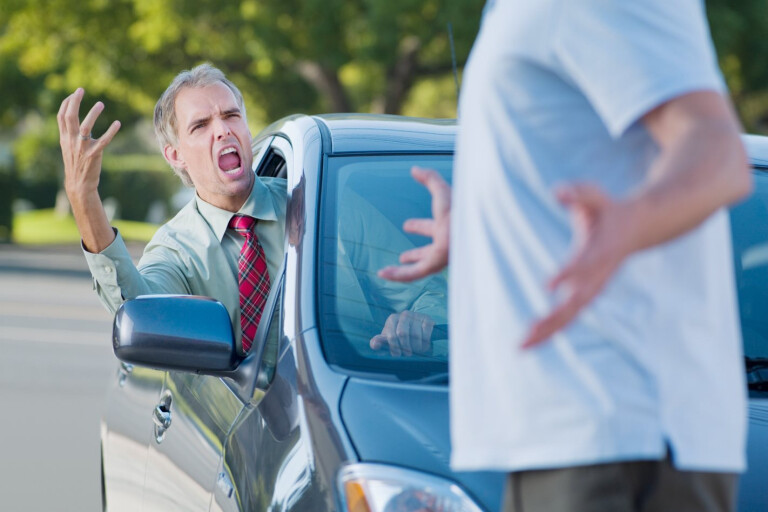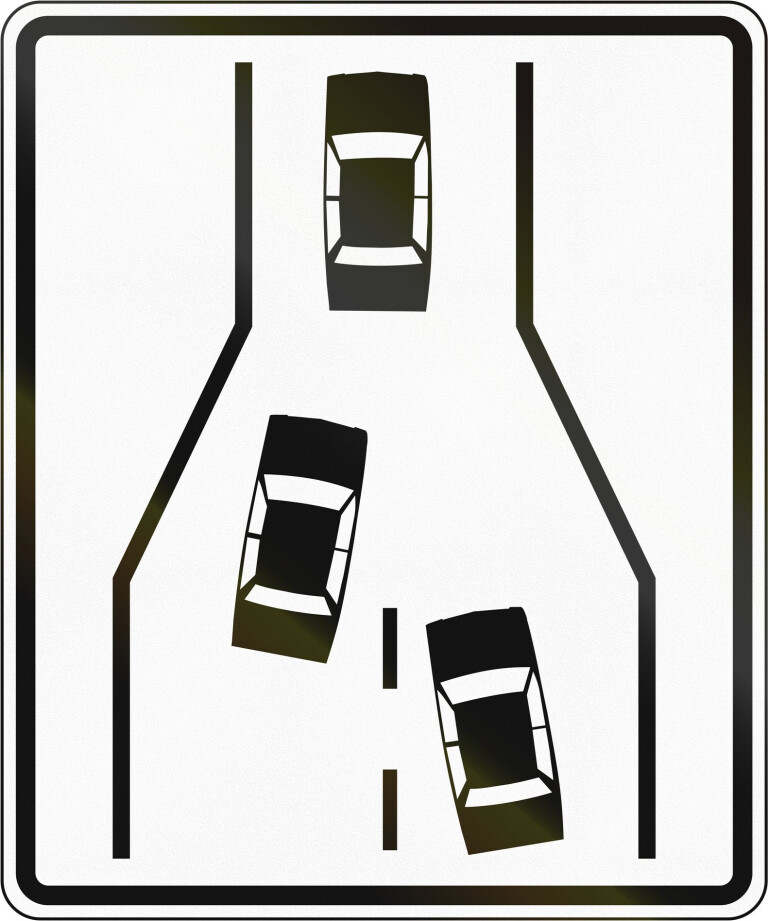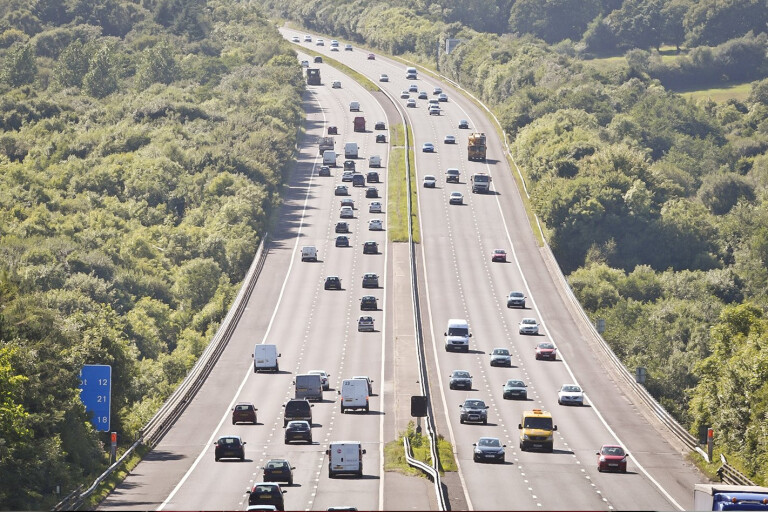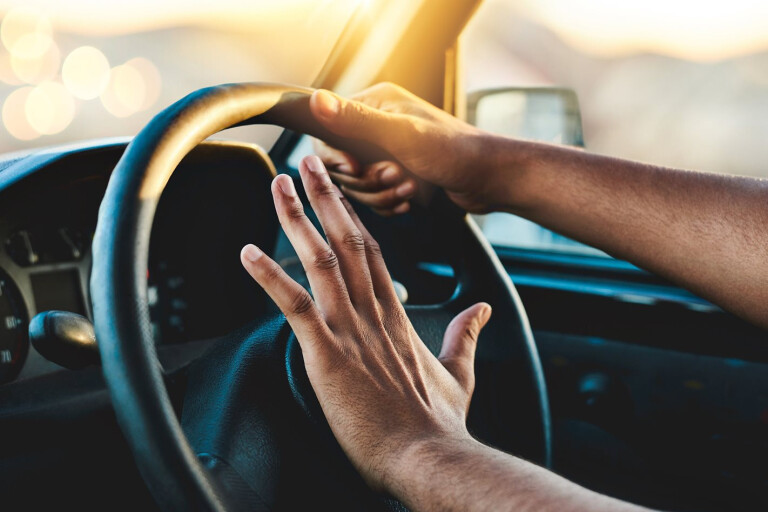
British author Lady Mary Montagu once said “Civility costs nothing, and buys everything”.
Spend a short amount of time on Australia’s roads and you may draw the conclusion that courtesy and civility are actually as expensive as To’ak chocolate-coated plutonium rolled in Martian saffron.
Perhaps your impression of our fellow road users is different, but in my experience, ‘common courtesy’ from Australian drivers is about as common as unicorn turds. I recently saw a meme that read “old mate would rather die than let you merge”, and like all the best memes, I’m afraid it’s funny because it’s not that far from the truth.
Unfortunately, the less funny side is the effect is has in practice. As Wheels readers and decent motorists, everybody here understands that when you see a closed lane ahead, the only option is to assist merging traffic like a closing zip fastener by allowing space for all vehicles to join one lane. (Right? Right?)

But more often than not, drivers will accelerate hard to close the gap as if you’re asking not for permission to pull in ahead of them, but to ceremonially sacrifice their children with fire.
This makes everyone angry and, for a while, I thought there was no solution and nothing could convince drivers to behave a little less selfishly behind the wheel. But, I recently spent 10 days driving in the UK, and I think there’s hope.
Unlike Australia, the United Kingdom does not have a surplus of space, and its roads are almost immeasurably older, which means modern-sized cars must often fit into lanes originally built to accommodate nothing wider than a fat horse. In many cases, widening these choked arteries would mean chamfering a 400-year-old church or exhuming a Roman burial tomb.

The alternative is courtesy.
In thousands of such restrictions, there are no traffic lights, flyovers or tunnels, and it’s simple consideration of others that allows the traffic to keep flowing. Stop and give way to another driver and if they're not too stunned to acknowledge the gesture, I promise they will raise a hand and smile as they pass in the opposite direction.
The effect of this is that it makes you feel good for helping someone out and seeing a happy face, and when it’s their turn to return the favour a little way down the road, they will do it willingly. With each exchange, the good will is passed on and the net result is an entire nation full of happier, more considerate and attentive drivers.
Spend some time on British roads in the depths of winter however, and the effect is accentuated even further. Conditions in the UK’s dark months can become so treacherous that you simply must proactively watch out for hazards and other drivers to reach your destination without going via a hedge or with a star picket lodged through the windscreen.
The effect of this is that it makes you feel good for helping someone out and seeing a happy face, and when it’s their turn to return the favour a little way down the road, they will do it willingly.

On one particular roundabout I narrowly avoided an unplanned excursion into the outfield not because of snow or ice, but because the salt local councils scatter onto the asphalt to prevent freezing has the same frictional properties as a superconductor hovering on liquid carbon dioxide.
As such, other drivers who have recently escaped certain death on a range of wintery hazards will pass on the information with a flash of the headlamps or hazard lights or perhaps a polite ‘slow-down’ hand gesture. It’s the same if traffic starts backing up on a motorway, for example.
We’re so completely spoilt by space and decent weather on Australian roads that it has made us fantastically complacent.
If we want the next generation of drivers to be better, part of their education should include a week trying to survive the winter on British roads. Lady Montagu would have been a great driver.
🛞



COMMENTS